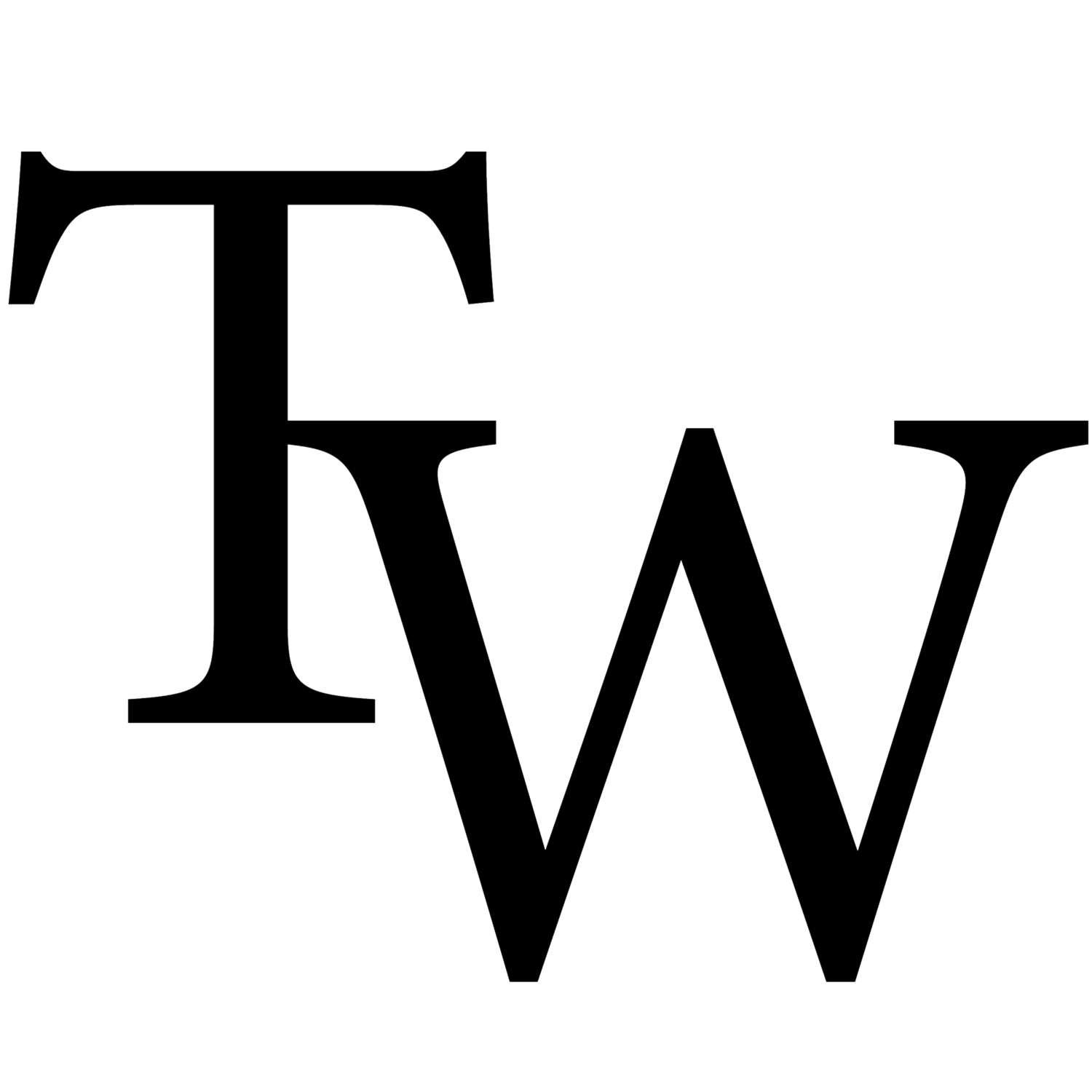Future Fit: Supply chains, their communities and the burning platform
I have long seen the wisdom that business is the key driver in ending poverty. Since the days of Adam Smith, one of the founders of modern economics, declaring that the purpose of business is essentially to end poverty, or from the Non Profit sector point of view - donors are people with money that they have earned through business or businesses giving directly to development, or the Department of Developments strategy to tie in businesses to the international development agenda or the fact that business creates jobs for the poor to aspire to as apart of their journey out of poverty. Business is the key driver to ending poverty.
One of the manifestations of business in a globalized economy is what became known as the Supply Chain - the journey the most basic materials and services take to end up as the shirt on your back, the food in your fridge or the car in your driveway. Since the end of 2012 Emerging Leaders has been delighted to partner with Marks & Spencers, because we could see that the supply chain was the route to taking our transformational training to the very roots of poverty; packers of our prepared veg, or flowers growers who live in very poor communities, or ladies who pick our spring (salad) onions who can neither read or write. Supply Chains take us to the heart of the need and witness people lead themselves out of poverty.
But Supply Chains aren’t just ladies or men in factories or fields, planting, weeding, picking or sewing and cutting. These people all live in communities. The supply chains very resilience depends on the resilience of the community within which it sits. More than this the community has to be resilient even to its Supply Chain. What if one of the Brands decides that Roses can be grown cheaper in Ethiopia than Kenya? What if they decide that underwear can be made cheaper in China than India? The supply chain communities are vulnerable because of the very existence of the supply chain that is currently helping them and the supply chain is vulnerable to the problems within its community. A vicious or a valuable circle? When a South African community is so furious with its municipal leadership that they will burn down anything, including the factory that gives them their job, then the relationship between supply chain and supply chain community becomes very obvious. When something like Brexit makes whole communities decide to not come to the UK this summer to pick fruit, then the supply chain has a real labour problem. Resilient Supply Chains and Resilient communities are caught in an interdependent dance.
But then add to this issue, a big and scary issue - the burning platform of the up coming generation. The tidal wave of a growing youth population. Beyond the physical issue of a sustainable planet that Climate Change faces us with, there is the social issue of the increasing youth population in the world. India has the largest youth population in the world. Sub Saharan Africa is over 60% youth. They all need jobs to create livelihoods. They are all going to be productive or destructive. Net givers to the community or net takers. This tidal wave of youth are either not completing education, or they are completing it and then not having work to go to, thus getting frustrated, disillusioned and feeling hopeless. Rather than becoming net contributors and productive citizens within their communities, they are becoming net takers and creators of unsafe communities. The young people live in and around the worlds supply chains and they are leaving school (or lack of school) unmotivated, having the wrong mindsets and little skill to become the leaders of their own lives – productive youth citizens.
So what can be done? (To be honest the answer seems so simple I just don't understand why we are not doing it.) Much of Emerging Leaders work with Supply Chains so far has been retro-fitting. Bringing our transformational leadership training into very poor communities through the supply chain. This involves taking the workers that the supply chain doesn't want – people who arrive at work feeling hopeless, reactive, unmotivated, unfulfilled, frustrated, radicalized, financially illiterate, unthinking - and turning them into the worker they do want – people who have self esteem, empathy, net givers not takers, problem solvers, producers, creators and critical thinkers.
And we will keep on doing this retro - fitting.
But the big question is why aren’t global supply chains investing heavily in future fit.
Ensuring that every single young person in a supply chain community leaves school motivated, having the mindsets of a leader and the skills to change things – whether that's the garbage situation, community security, livelihoods, health access AND they get employed in some level of the supply chain where they now arrive as the worker the business wants. Future fit, not retro fit.
That all of these children’s parents (who might also work within the supply chain) learn how to lead their own lives and who can both support and mentor the leadership development of their own children.
That all the youth organisations within the Supply Chain community are also learning and teaching every young person what it means to lead their own lives and become a productive youth citizen.
Emerging Leaders remains committed to work with supply chains to help them future fit their whole communities with programmes that run from 8 years old upwards, so that everyone within the Supply Chain and the Supply Chain community benefits. As the Supply Chain drives Future Fit they are creating the leaders that resilient communities and resilient supply chains desperately need.
